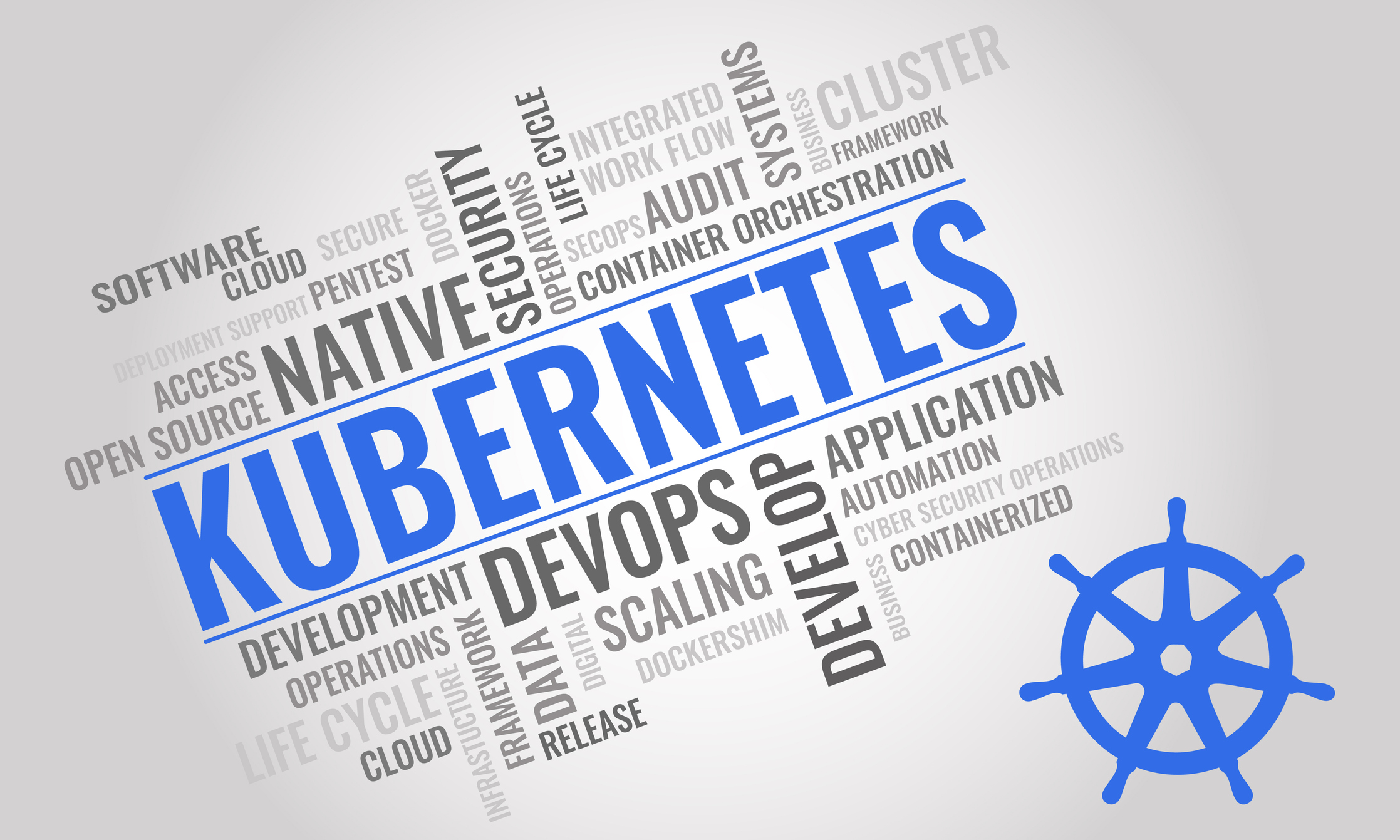The Importance of Kubernetes In Business

Kubernetes (K8s) is an open-source container orchestration platform that automates the deployment, management and scaling of containerized applications (microservices). It provides load balancing and simplifying the work of software developers, making it easy for an enterprise's apps to have greater scalability and be flexible, portable and more productive.
1. Cost reductions with container management
Large and small businesses can cut costs by using Kubernetes, a container orchestration utility, to handle their ecosystems and eliminate manual tasks. Some publicly accessible cloud computing platforms charge an administration fee for each cluster while others automatically supply and fit containers into nodes to make the best use of resources. When a node or pod breaks, Kubernetes also makes it possible for applications to function well and operate with little downtime, needing less maintenance. This does away with the need for cumbersome, ineffective management.
2. More effective DevOps for microservices design
Kubernetes is a tool for creating virtual machine (VM) images, enabling faster development, streamlined release and distribution processes, and simpler access to storage resources. It is composed of APIs and can be used to create virtual sub-clusters inside a single Kubernetes cluster, increasing productivity and efficiency.
3. Workload deployment in multicloud settings
Kubernetes makes it possible to distribute workloads in multicloud environments, making it simpler and more effective to move containerized apps between the public and private clouds of any cloud provider.
4. Enhanced mobility with reduced risk of provider lock-in
Kubernetes allows virtualization and is adaptable enough to handle containers on different kinds of hardware, including public clouds, private clouds, and on-premises computers. Compared to VMs, it is quicker, smaller, and more portable, and it only includes the resources a programme truly requires. Due to their ties to specific runtimes or cloud platforms, Kubernetes services enable you to scale without having to redesign your infrastructure.
5. Automation of app reliability and uptime, scalability, and deployment in a cloud setting
Teams can scale up or down more quickly to meet demand thanks to Kubernetes' automated container distribution across multiple compute nodes, including those on public clouds, on-premises VMs, and physical computers. It enables self-healing, scaling, auto scaling, and programme upgrades without suffering outages. On open-source cloud platforms like Amazon, which uses Kubernetes to transition from a monolithic to micro services architecture, it is especially beneficial for high-availability apps.

